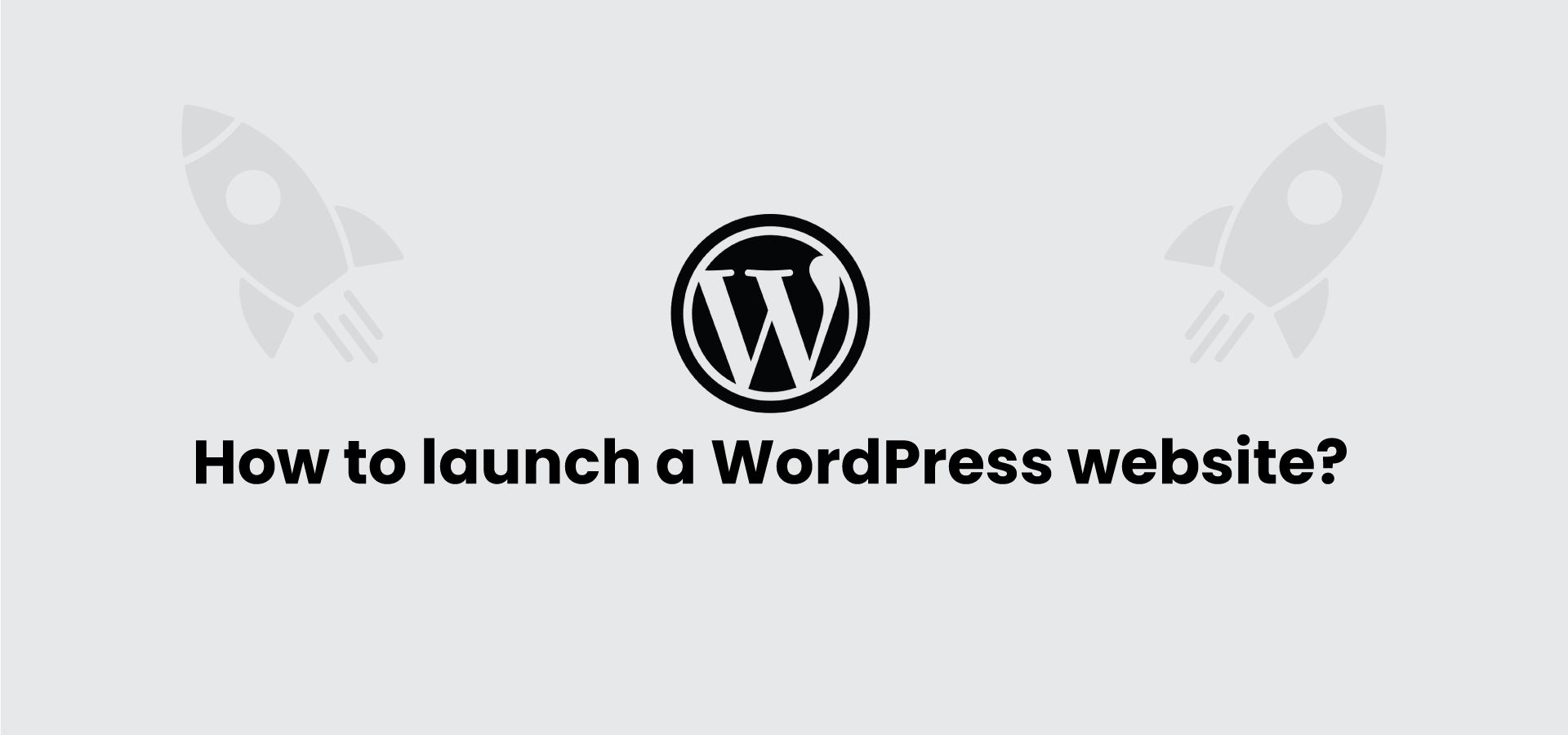Creating a WordPress website and writing a blog on it involves several steps. I’ll walk you through the process:
1. Choose a Domain Name and Hosting:
- Select a unique and memorable domain name that reflects your blog’s topic.
- Choose a reliable web hosting provider. Popular options include Bluehost, SiteGround, and HostGator.
2. Install WordPress:
- Many hosting providers offer one-click WordPress installation.
- If not, you can download WordPress from wordpress.org and follow their installation instructions.
3. Configure Basic Settings:
- Log in to your WordPress dashboard.
- Navigate to “Settings” and configure your site’s title, tagline, and time zone.
4. Choose a Theme:
- Select a WordPress theme that suits your blog’s style and purpose.
- You can find free themes in the WordPress theme repository or purchase premium themes from marketplaces like ThemeForest.
5. Install Essential Plugins:
- Plugins enhance the functionality of your WordPress website. Some essential ones include:
- Yoast SEO for search engine optimization.
- Akismet for spam protection.
- Jetpack for site security and performance.
- WP Super Cache or W3 Total Cache for caching.
6. Create Essential Pages:
- Create important pages like “About,” “Contact,” and a “Privacy Policy” page.
- Go to “Pages” in your dashboard and click “Add New” to create these pages.
7. Customize Your Site:
- Customize your theme’s appearance, including colors, fonts, and layout.
- Add a logo and favicon if applicable.
8. Write and Publish Blog Posts:
- To write a blog post, go to “Posts” and click “Add New.”
- Add a title, write your content, and format it using the built-in editor.
- Insert images and multimedia as needed.
- Set a featured image and add relevant categories and tags.
- Preview your post and click “Publish” when you’re ready.
9. Optimize for SEO:
- Use the Yoast SEO plugin to optimize your blog posts for search engines.
- Focus on including relevant keywords, writing high-quality content, and optimizing meta descriptions and titles.
10. Promote Your Blog: – Share your blog posts on social media. – Engage with your audience by responding to comments. – Consider email marketing to build a subscriber base. – Network with other bloggers and websites in your niche.
11. Regularly Update and Maintain: – Keep your WordPress installation, theme, and plugins up to date for security and performance. – Regularly publish new content to keep your blog fresh and engaging.
12. Monitor and Analyze: – Use tools like Google Analytics to track your website’s performance. – Analyze visitor data to understand your audience and improve your content strategy.
Remember that creating a successful blog takes time and effort. Consistency, quality content, and audience engagement are key to building a successful WordPress blog.
Stay Tuned,
Vikash Jha
